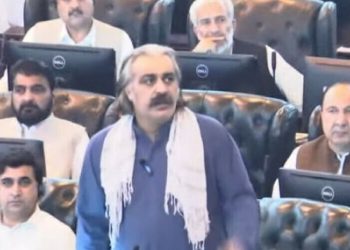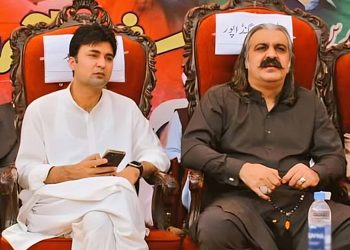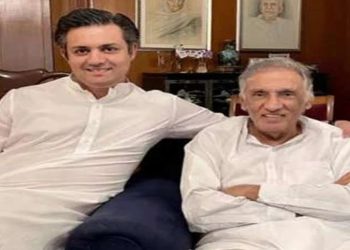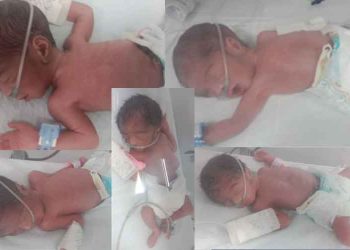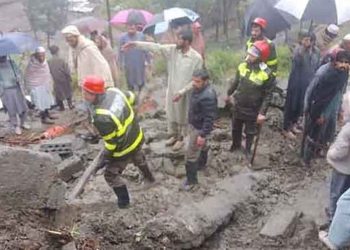Born on June 21, 1953, in Larkana to a distinguished political family, Benazir Bhutto made history as the first female Prime Minister of Pakistan and the Islamic world. Today, her 72nd birth anniversary is being observed across the country with solemn tributes and nationwide remembrance.
According to details, in her childhood, she was affectionately called “Pinky,” but time transformed that same Pinky into a golden chapter in global politics.
She received her early education at Lady Jennings Nursery School and the Convent of Jesus and Mary in Karachi. In 1973, she graduated in political science from Harvard University and later pursued higher education at Oxford University in philosophy, politics, and economics. She was also elected President of the Oxford Union — a rare honor for any Asian woman.
When she returned to Pakistan in June 1977, her intention was to enter diplomatic service. However, martial law was imposed in the country around that time. Her father, Zulfikar Ali Bhutto, was imprisoned, and Benazir herself was placed under house arrest. Her father’s execution and personal tragedies did not break her resolve; instead, they marked the beginning of her journey in politics.
After her release in 1984, she spent two years in exile. During this time, she took over the leadership of the Pakistan Peoples Party (PPP). When she returned to Pakistan in 1986, her reception in Lahore became a historic event and a memorable moment in Pakistani political history.
In 1987, she married Asif Ali Zardari. Alongside her married life, she continued her political struggle. After the death of General Zia-ul-Haq in 1988, elections were held, and at the age of just 35, she became the first female Prime Minister in the Islamic world.
Her government was dismissed in 1990 on allegations of corruption, but she returned to power as Prime Minister in 1993. However, in 1996, her government was once again dismissed by then-President Farooq Leghari.
After a long period of exile, she returned to Pakistan on October 18, 2007, and her welcome in Karachi made history. That same night, she survived her first assassination attempt but continued her struggle undeterred.
On December 27, 2007, after addressing a rally at Liaquat Bagh in Rawalpindi, as she was getting into her vehicle, an attacker first opened fire and then detonated explosives, fatally injuring Benazir Bhutto. She was martyred from her wounds.
Responsibility for her assassination has been attributed at times to the Taliban, Blackwater, and various global powers, but tragically, her true killers remain unidentified to this day.









